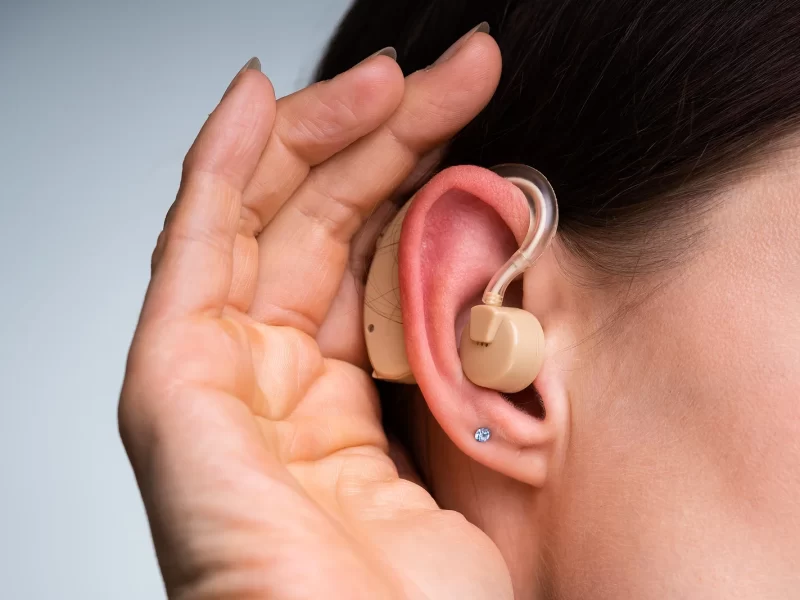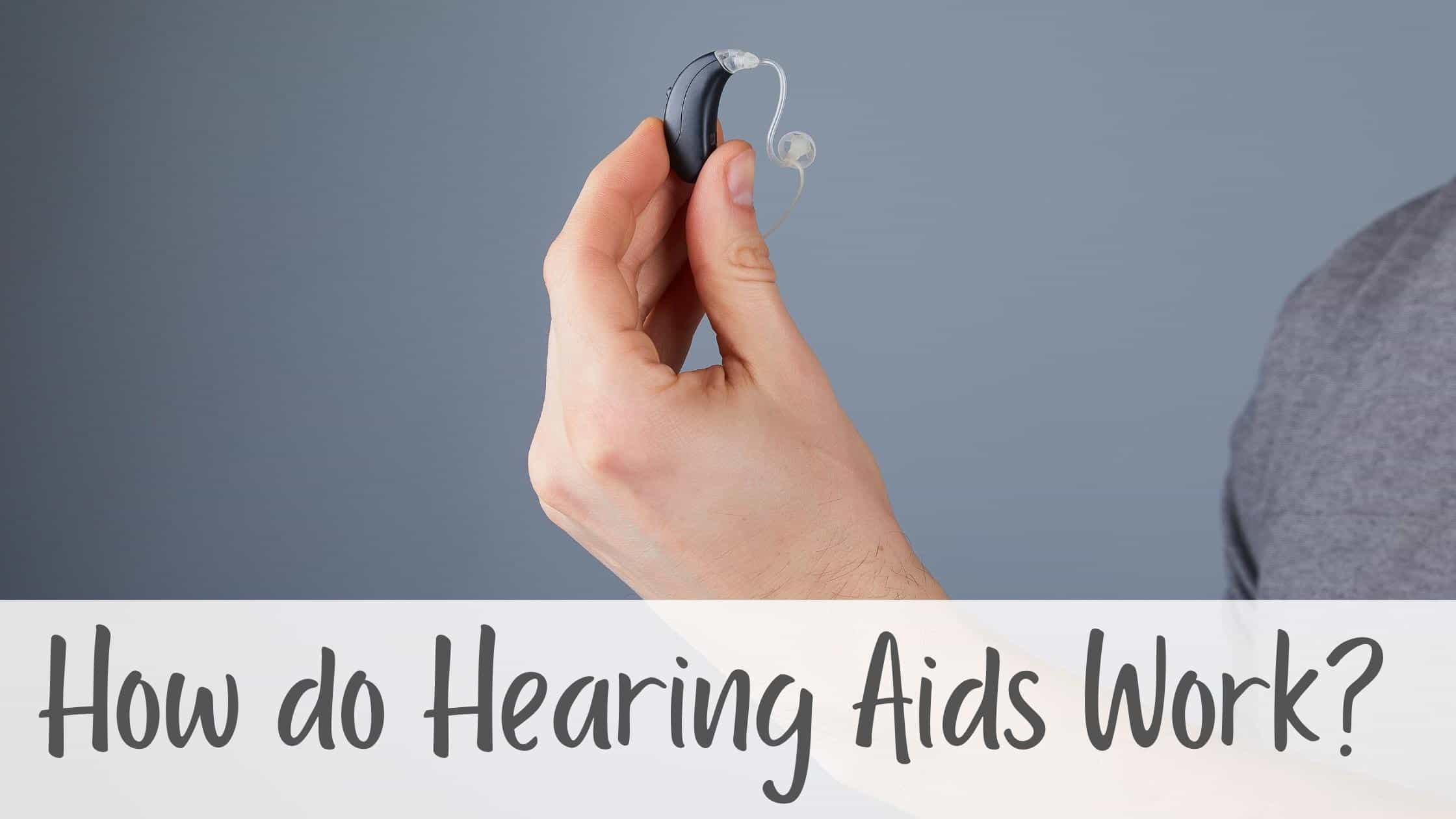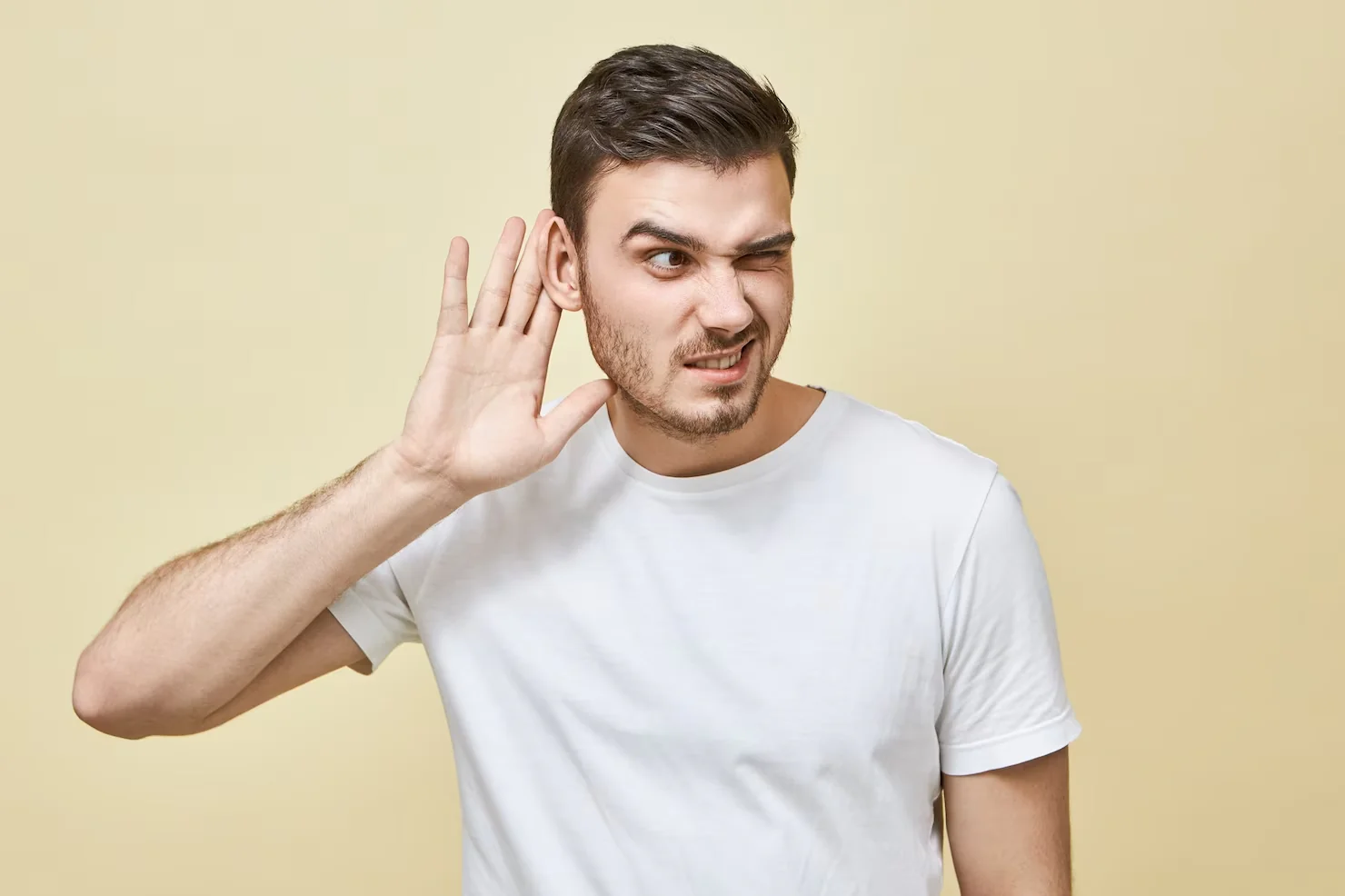
Being the major instrument of improvement for hearing, hearing aids have brought convenience and hope to so many people who suffer from loss of hearing. However, a number of them are afraid that long-time use of hearing aids will result in further hearing loss. Is this reasonable? Do hearing aids really worsen hearing? Next, we answer this question in detail from a scientific-principled and practically applied standpoint.
How Hearing Aids Work

Electronic hearing aids work mainly by emphasizing for people with hearing loss: the capturing of sound, including external sound signals received by a microphone; amplification of sound, or selective amplification of sounds in given frequency bands depending on the person’s hearing loss; and transmitting the signals to enable the person with a hearing problem to hear more distinctly environmental sounds.
They just support the amplification of sound; hearing aids do not act directly on either the auditory nerve or cochlea. In other words, hearing aids themselves never cause any physical damage to the ears or deterioration in hearing.
Why do people think that the hearing aid is making their hearing worse?

Such misinformation usually emanates from the following aspects:
Contrasting Hearing after Removing the Hearing Aid
After wearing a hearing aid, the world people hear with it is louder and more distinct because of amplification. Once taken off, the hearing goes back to normal, and compared to that, the environmental sound will appear smaller and blurred, making people feel as though “hearing has become worse.” This is just relying on the effect of the hearing aid and does not mean a real decline in hearing.
Improper adjustment in volume
If the hearing aid volume is tuned too high, then it will cause irritation to the ears and may even lead to temporary pain or tiredness. Wearing a hearing aid with too high volume for quite a long period may put indeed pressure on the auditory system. Hence, the volume and adjustment have to be made individually by a professional fitter.
Natural degradation of hearing
Hearing loss itself may deteriorate with age and other variables including disease and noise exposure. Some people feel that even with wearing hearing aids, their hearing is still deteriorating and they blame the hearing aids while ignoring the fact that the very problem of hearing itself is progressive in nature
Poor selection of hearing aids
Poor-quality or unprofessionally fitted hearing aids may fail to adjust to the user’s actual hearing condition, or even amplify unnecessary noise. Long-term use may affect hearing comfort. Therefore, choosing the right hearing aid is the key to protecting hearing.
Suggestions for the correct use of hearing aids
For the aid to have its optimal effect and not lead to a negative influence, the following suggestions become very important.
Professional Fitting: The hearing condition of everyone is different, and when choosing a hearing aid, one needs to take a hearing test, in which a professional fitter will recommend a model and settings according to the hearing curve and life needs to avoid the discomfort or poor results caused by improper selection. Adapt step by step.
First-time wearers of hearing aids should not wear the device all day. You can extend the duration as you get accustomed to it. The brain needs time to adjust to the different sounds brought about by the hearing aid, such as the amplification of environmental noise. Regular checkup and adjustment
As time goes on, the hearing condition might change, and adjustment is needed for the new hearing state. In addition, hearing aids require cleaning and maintenance regularly to ensure the performance as well as service life of the equipment.
Use volume properly.
Don’t turn up the volume of your hearing aid too high just to get a louder sound. Too loud volume can damage the auditory system besides giving headache or fatigue to its wearer. Always keep the volume level comfortable.
Conclusion
A hearing aid is an essential tool for the hearing-impaired, providing not only improved hearing but also enhancing quality of life and helping individuals reconnect with the world of sound. At ELHearing, we are committed to making this transformative experience accessible to everyone by delivering affordable, high-performance hearing aids that meet the diverse needs of users around the world.
Established in 2014, ELHearing operates a 3000-square-meter facility with an integrated R&D, manufacturing, and quality control team. By utilizing imported chips, premium raw materials, and independently developed core algorithms, we ensure every device is crafted with precision and care. Each production step undergoes rigorous quality control, earning FDA, FCC, and ROHS certifications to guarantee that users receive hearing aids of the highest standards.
